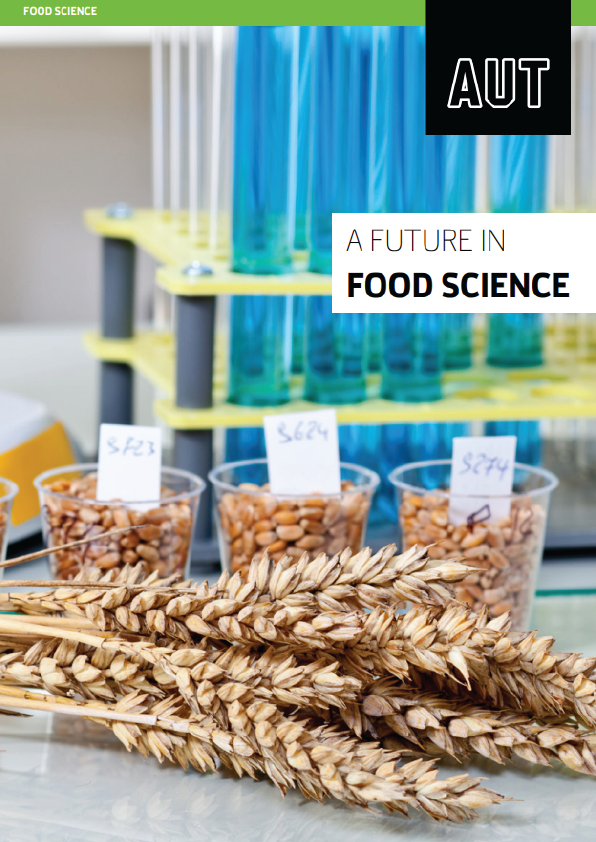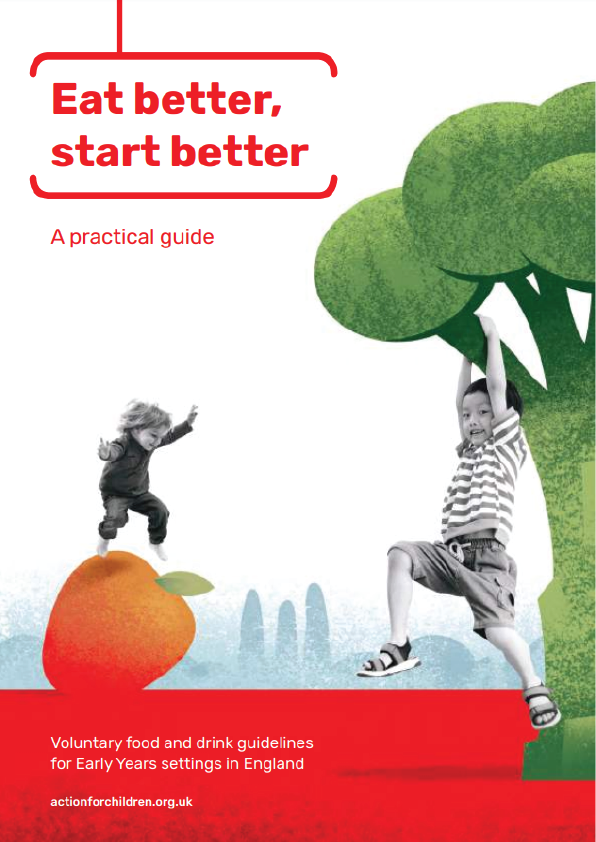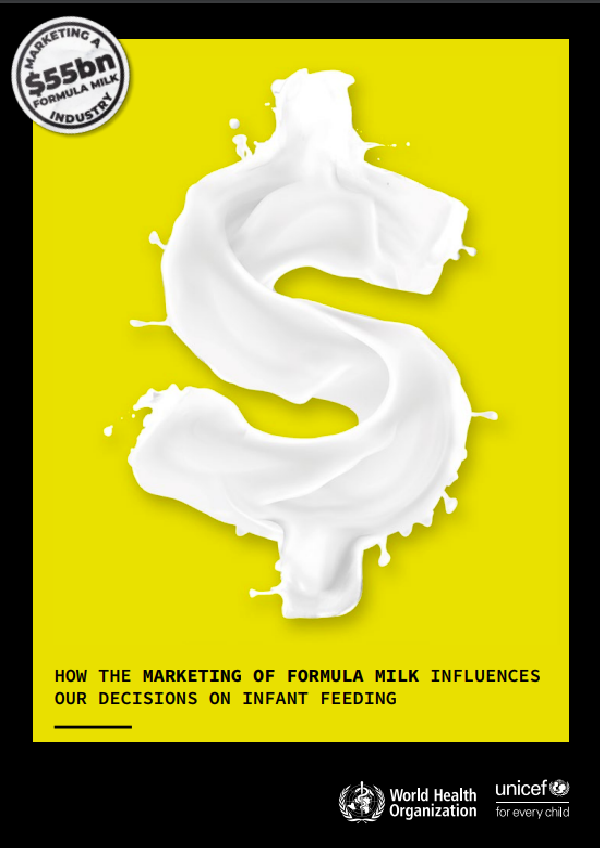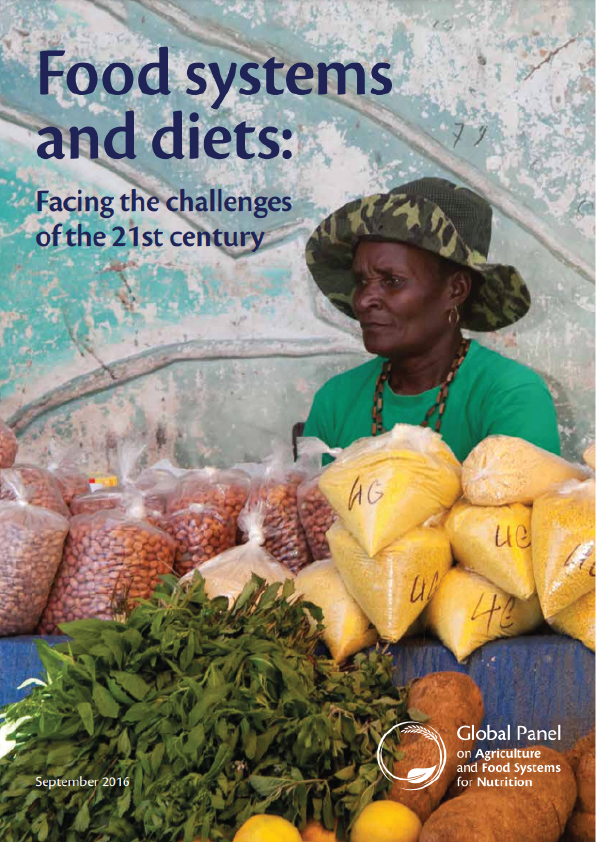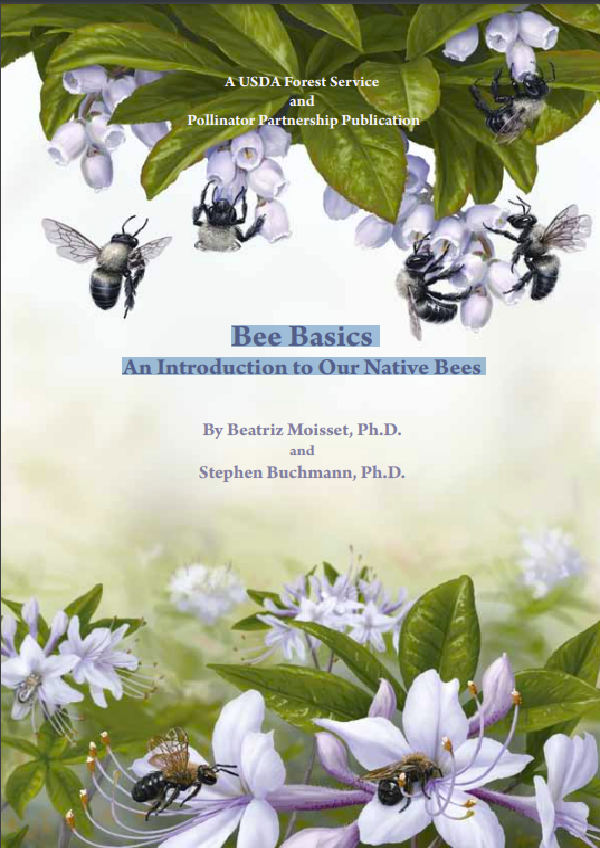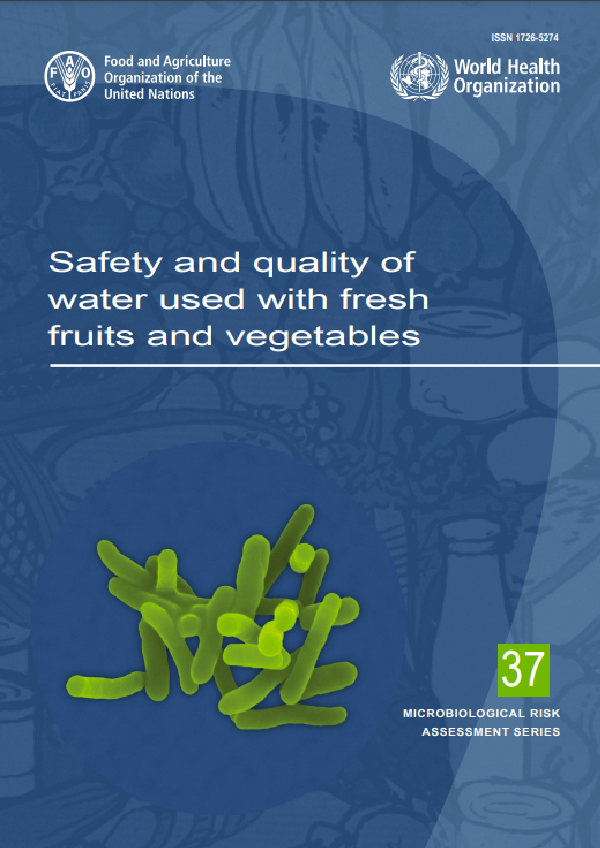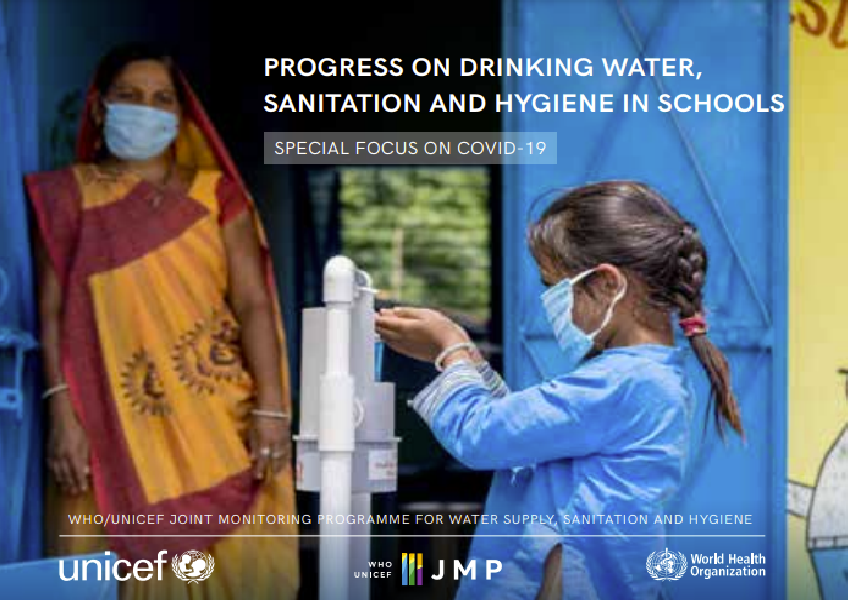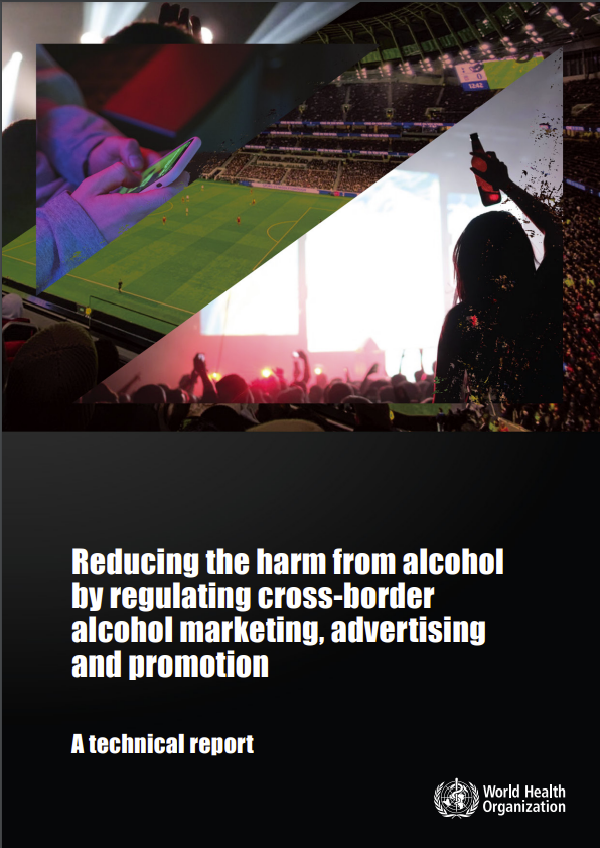WHAT IS FOOD SCIENCE?
Few things are more fundamental to human existence than food. It is a vital common denominator that sustains us physically and unites us socially. Across the globe, food is a key determinant of quality of life and a major contributor to economic success and social wellbeing.
Food science is the study of the physical, biological and chemical makeup of food and the concepts underlying food processing methods. Food technology is the application of food science to the preservation, processing and packaging of food and the development of new food products.
Food science plays a critical role in providing a nutritious, safe and abundant food supply for individuals, communities and nations. In a country like New Zealand, food production forms a very substantial part of our economy. Food science increases our ability to add value to our agricultural and horticultural industries and helps us understand the impact of food production on our economy.
If you love food, are a hands-on person, and want to use your scientific mind to create new food products or ensure the safety of the food we all consume, a career in food science should be on your menu.
OUTLOOK AND TRENDS
Essential industry – The food and beverage industry in New Zealand generates around $15 billion a year – over half our export earnings – and involves over 20% of our workforce. Career opportunities are enormous, particularly for food science, technology and engineering graduates, of which there is a world-wide shortage.
Ongoing need – A global emphasis on niche markets and adding value to food products ensures an ongoing need for food technologists in New Zealand. So much so, the government is actively trying to recruit food technologists from overseas, according to the Occupational Outlook 2016. Opportunities also exist for food scientists in development of new food products and technologies.
Growth in healthier food production – The food industry is increasingly interested in the production of healthier foods to increase the nutritional value of foods, support healthy lifestyle initiatives and ensure safety of foods. Food scientists are needed in the food export industry to resolve challenges around food safety, the scaling up of food production and improving shelf life of foods.
WORK SETTINGS
Food scientists are employed in both public and private sector organisations. Some work in large food production companies (e.g. Fonterra, Heinz Watties and Nestle), or smaller companies. Others can work in service organisations that support the food industry.
Production industries:
- Dairy, meat, seafood and horticultural processors
- Brewers, winemakers and beverage manufacturers
- Bakeries, confectioners and other food manufacturers
- Service industries:
- Packaging, ingredient and equipment suppliers
- Advertising agencies and market research companies
- Research establishments and universities
- Government departments
Depending on the nature of the work, a food scientist or technologist may be fully or partly based in a laboratory. Alternatively, they could work in factories, offices or on the road. It may be necessary to travel to companies, factories, conferences and trade shows, both locally and overseas.
Major pathways for food science careers:
- Quality control, assurance, food safety, regulatory
- Research and development (R&D), food technologist, product development
- Flavourists, flavour chemists, food sensory scientists
- Technical sales and marketing
- Logistics and production planning
- Secondary or tertiary teaching
CAREER ROLE EXAMPLES
Food scientist
Investigates and analyses food, from harvest to processing, cooking, and consumption. Provides accurate nutritional information for food labels. Manages sensory research that finds out whether people like the taste, look and feel of new products. Checks the safety and quality of food. Researches consumers’ perceptions of food.
Quality assurance technologist
Conducts routine tests of raw materials and finished products. Assists with the collection and analysis of laboratory data. Plans and evaluates alternate methods and new testing procedures. Designs, operates and maintains quality systems. Ensures raw materials and manufactured products conform to quality specifications.
Research/product development technologist
Collaborates closely with manufacturing, quality, sales and marketing teams to develop new products. Starts with a brief from the marketing team and creates ideas and preliminary costings. Develops laboratory samples and takes these on to trials/tasting. Ensures nutritional information panels on packaging are correct.
Sensory scientist
Ensures that food products taste as they should and are good and appealing to eat. Investigates consumer preferences. Determines whether consumers can detect ingredient changes in products. Contributes to new product development and improved testing programmes. Devises experimental plans for sensory testing and carries out food perception research.
Food safety co-ordinator
Manages food safety systems and programmes to ensure products meet food safety standards. Coordinates internal and external food safety auditing. Oversees and resolves issues with cleaning, sanitation and supplies. Champions awareness of food safety and ensures training is provided as required. Supports pest control activities. After a number of years’ experience, you can move into more senior roles, including research & development, quality control, operations, technical or general management.
